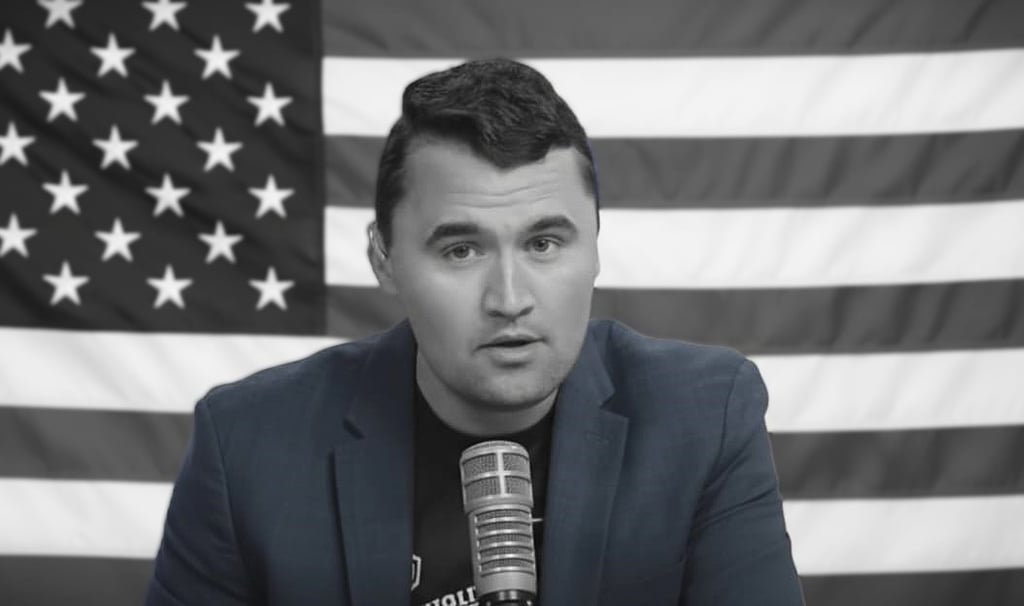Charlie Kirk’s Killing Sparks Nationwide Backlash as Allies Demand Respectful Mourning
After Charlie Kirk’s fatal shooting, U.S. conservatives urge Americans to mourn him respectfully or face consequences, sparking debate on political speech and violence.
Raja Awais Ali
9/13/20252 min read


Charlie Kirk’s Death Triggers Nationwide Backlash and Calls for Respectful Mourning
The United States is in shock after the September 10, 2025, assassination of 31-year-old conservative activist Charlie Kirk during his American Comeback tour stop at Utah Valley University. The fatal shooting stunned both supporters and critics, igniting an extraordinary political and cultural reaction across the nation.
Allies’ Strong Warnings
Kirk’s close associates and prominent right-wing figures have issued stern warnings, insisting that Americans “mourn him properly or face consequences.”
Several journalists, educators, and public employees have reportedly been suspended or dismissed for social-media posts perceived as mocking or celebrating Kirk’s death.
Conservative personalities, including Laura Loomer and several Republican lawmakers, are calling for stricter penalties, lifetime social-media bans, and legal action against those sharing offensive content.
A website named “Expose Charlie’s Murderers” has surfaced, publishing names of individuals accused of disrespectful remarks. Some of those listed claim they were misrepresented or merely quoting Kirk’s past statements.
Nationwide and Global Vigils
Memorials and vigils have taken place across the U.S. and internationally:
U.S. cities: Thousands gathered in New York, Washington, Chicago, and Los Angeles for candlelight ceremonies.
Global cities: London, Sydney, and Berlin also hosted events, highlighting Kirk’s international influence.
Many Gen Z activists, some of whom disagreed with Kirk’s politics, participated to condemn political violence and honor his memory.
Political Climate and Expert Analysis
Analysts warn that the assassination could deepen America’s existing political polarization.
Right-wing commentators attribute the killing to “incendiary rhetoric” from political opponents.
Critics argue that punishing online commentary risks infringing on free speech rights.
Security experts caution that if leaders fail to reduce tensions, the murder could embolden extremists on both sides of the political spectrum.
Next Steps
Federal authorities are actively investigating the shooter’s motives, while lawmakers debate measures to curb political violence and regulate online hate speech.
Major social-media platforms face growing pressure to enforce moderation policies and prevent further incidents.
Conclusion
Charlie Kirk’s murder has emerged as more than a tragic act of violence—it represents a flashpoint in the ongoing debate over political expression, free speech, and civility in America.
As allies demand solemn mourning and hint at repercussions for perceived disrespect, the nation confronts a difficult balance: honoring grief while protecting democratic freedoms and the right to dissent.
Stay informed with the latest national and international news.
© 2025. All rights reserved.